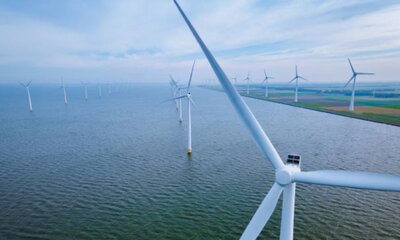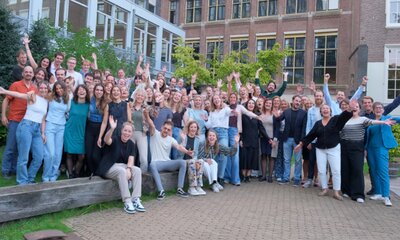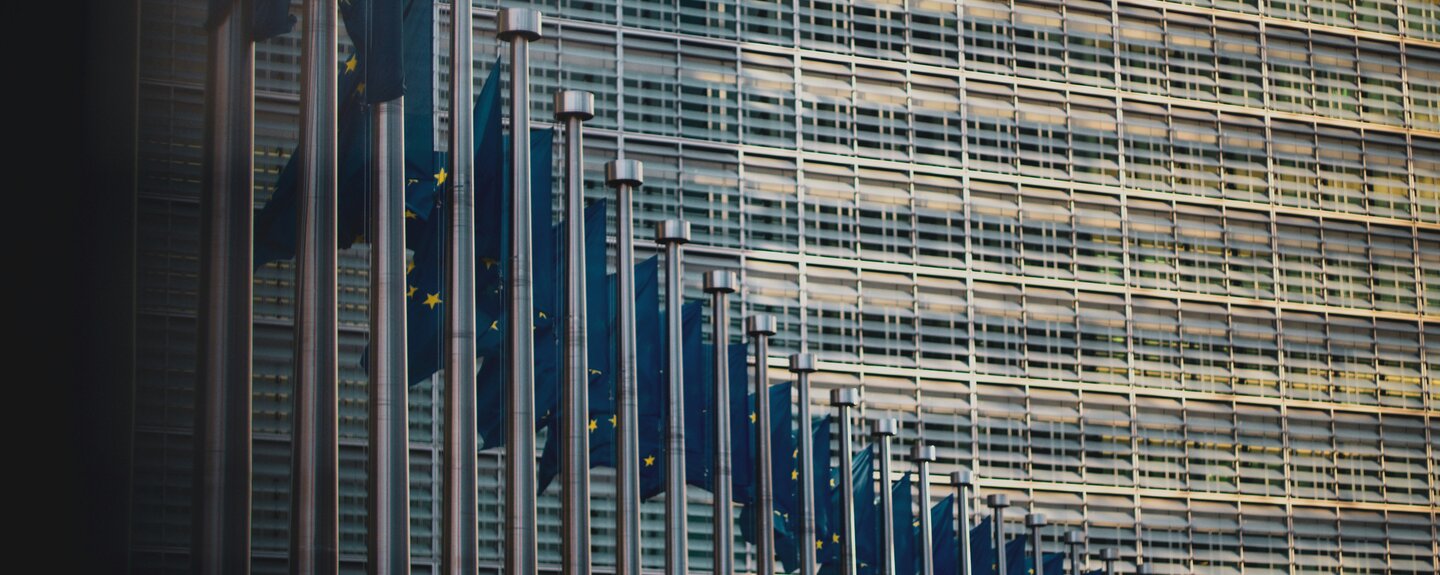Introducing the new von der Leyen Commission
On December 1, the von der Leyen European Commission began its second mandate, led by Ursula von der Leyen and a renewed College of Commissioners. With a focus on competitiveness, sustainability, and future-proofing EU policies, priorities include the Clean Industrial Deal and the New Competitiveness Compass. Approved with a narrow 53.78% majority by the European Parliament, the Commission faces a fragmented political landscape, highlighting challenges in building consensus. Shifting coalitions in the European Parliament signal potential obstacles ahead.
On December 1, the second mandate of von der Leyen Commission officially took office, embarking on a new chapter of Europe’s history. Re-elected in July 2024, Ursula von der Leyen leads a renewed College of Commissioners who are tasked with implementing the ambitious 2024–2029 political guidelines.
A Renewed Agenda for Europe
On November 27, President Ursula von der Leyen addressed the European Parliament in Strasbourg, introducing the new College of Commissioners. This pivotal speech set the tone for her second mandate, underscoring the European Commission's commitment to tackling Europe’s most pressing challenges while strengthening its global leadership role.
Key priorities include competitiveness, advancing sustainability, and future-proofing EU policies through initiatives like the New Competitiveness Compass and the Clean Industrial Deal.
Competitiveness at the Core
The new leadership of the European Commission is prioritising competitiveness to bolster Europe's industrial and economic position. The Commission’s upcoming work programme, set for release in early February, emphasises this focus. A key element of this agenda is the Clean Industrial Deal, announced by President von der Leyen in July. This act will draw from the Draghi report, which highlighted the EU's struggles to compete globally. In January, Stéphane Séjourné, the new Executive Vice-President for Prosperity and Industrial Strategy, will present the annual Competitiveness Report and introduce the Competitiveness Compass, which will be built on the three pillars of the Draghi report – closing the innovation gap with the US and China, a joint plan for decarbonisation and competitiveness, and increasing security and reducing dependencies.
Navigating Political Dynamics
On November 27, the European Parliament’s plenary session in Strasbourg approved the new College of Commissioners proposed by President von der Leyen with 370 votes in favour, 282 against, and 36 abstentions — a 53.78% approval rate. This raised questions about the evolving dynamics and growing complexity of Europe’s political landscape.
This new von der Leyen Commission enters office with the narrowest majority since the European Parliament began voting on Commission confirmations. Compared to von der Leyen’s first term, the number of votes in favour decreased from 401 to 370, reflecting a more fragmented political environment. While the pro-European coalition — the European People’s Party (EPP), Socialists & Democrats (S&D), Renew Europe, and The Greens/EFA — largely backed the Commission, dissent was evident. Internal divisions highlight the challenges of building consensus. Notably, the appointment of Teresa Ribera Rodríguez (S&D) and Raffaele Fitto (ECR) drew criticisms and signaled potential obstacles ahead.
The fragmented vote suggests that future legislative decisions may rely on fluid parliamentary majorities. Recent examples, such as the vote on Venezuela and the EU Deforestation Regulation extension, indicate shifting coalitions and a potential rightward shift in the European Parliament due to the strengthening of far-right political groups.
President Von der Leyen faces a complex political environment. Her leadership approach seeks to constructively engage diverse political factions, including EU skeptics, while defending core European values.
As this journey unfolds, the new European Commission will not only address immediate issues but also lay the groundwork for long-term transformation, ensuring a future that is resilient, fair, and forward-looking.










